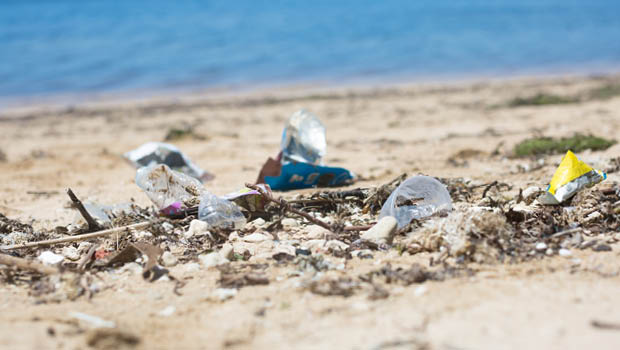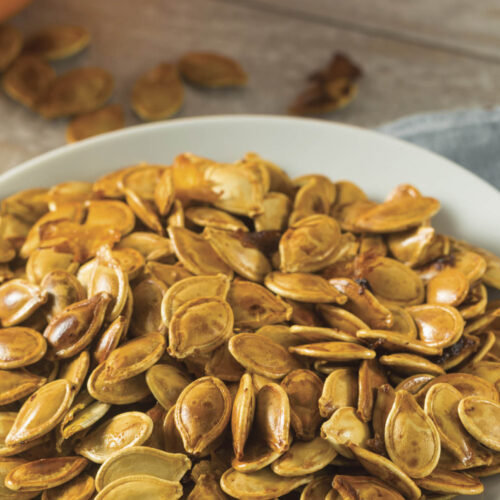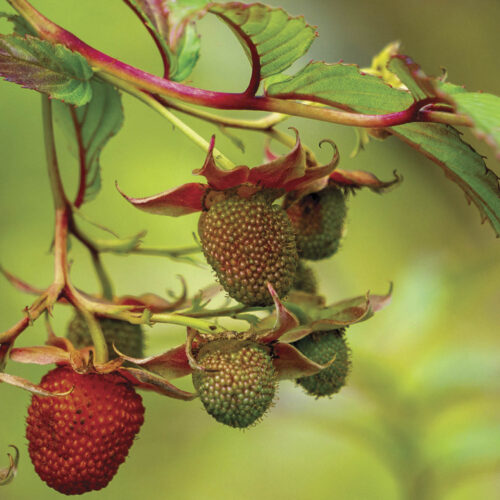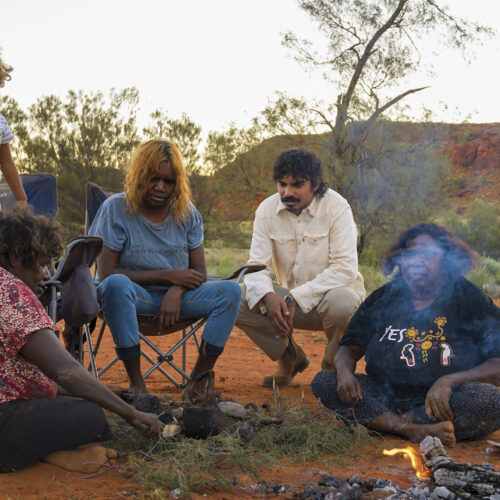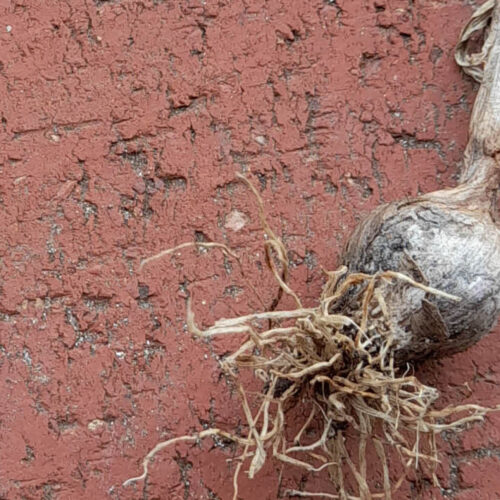Say no to plastic bags
2015-07-23T06:27:45+10:00
Plastic bags are a whale of a problem for the environment, writes SIMON WEBSTER.
Plastic bags cause lots of environmental problems, and alternative plastic bags need to be dealt with properly if they’re to offer any solution.
Fishermen have removed a plastic bag from a whale’s head in Sydney’s Middle Harbour. The 65-tonne southern right whale approached within a metre of 20-year-old Ivan Iskenderian’s boat and raised its head out of the water. When it did this a third time, the fisherman removed a plastic bag and fishing line from the giant mammal’s head.
The whale then slapped a fin on the water several times before swimming away.
“Apparently that’s what they do when they’re relaxed.” Iskenderian told Fairfax. “It seemed quite happy. It could have been a kind of thank you.”
It’s not only when they’re littered and end up in waterways that plastic bags cause environmental problems. As well as all the energy and resources that go into manufacturing the billions of supermarket shopping bags that Australians use each year, there’s the issue of plastic bags hampering recycling efforts when they’re put into recycling bins.
“They jam machinery at the sorting facility,” Helen Bradley, coordinator sustainability and resource at Marrickville Council in Sydney, told Organic Gardener for the story ‘All wrapped up’, in our October 2015 issue. “There’s no time for sorting staff to open each bag so even placing recyclables in a plastic bags wastes your effort as they can end up discarded.”
Alternative plastic bags do exist, with labels such as ‘biodegradable’ and ‘degradeable’. But these too can cause problems.
The terms used to describe these bags are not clear-cut, but, according to Planet Ark, they equate to the following:
Biodegradable bags: Usually made from plant-based materials such as corn and wheat starch rather than petroleum, these break down in conditions where oxygen is present, though the amount of time this takes can vary.
Compostable bags: Usually refers to a biodegradable bag that will biodegrade within six months if composted.
Degradable bags, sometime known as oxo-biodegradable bags: Bags made from petroleum, with added metal compounds to accelerate their breakdown. Oxygen, ultra-violet light and/or heat can cause these bags to become brittle and break into small pieces. This can take up to five years. These bags can’t be composted.
Compostable bags are useful, particularly where councils collect food scraps for recycling, Planet Ark says.
However, alternative plastic bags clog up recycling machinery just as much as regular plastic bags do, and in most council areas need to be composted, rather than put out for recycling collections.
If your local council doesn’t recycle plastic bags, your local supermarket might. Many of them have plastic bag recycling bins. See recyclingnearyou.com.au.

